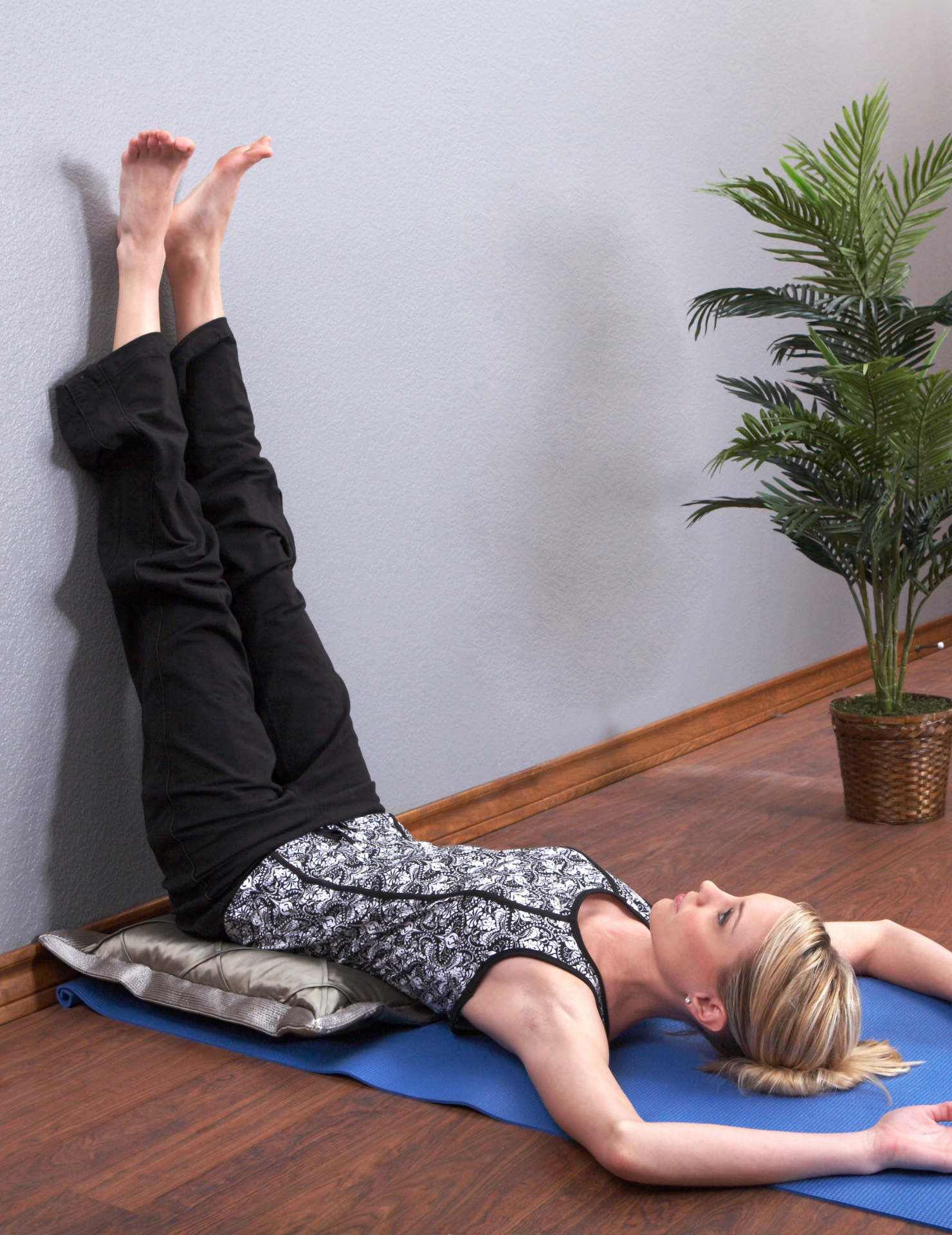Massage and the Nervous System
Massage helps engage the Parasympathetic Nervous System
What is it important to engage the parasympathetic nervous system you ask? It is part of the nervous system that is responsible for “rest and digest”.
There are two main parts of the nervous system:
The Central nervous system (CNS) and the
Peripheral nervous system or (PNS).
Under the
Peripheral Nervous system there are two more divisions:
- Somatic nervous system (SNS)
– Voluntary-
Consciously controlled actions such as vision, hearing, taste and smell. - Autonomic nervous system (ANS)
– Involuntary-
Supply impulses to smooth muscle (organs) , cardiac (heart) muscle and glands.
The two parts of the autonomic nervous system (NS) are:
- Sympathetic NS
- Parasympathetic NS
The parasympathetic NS controls homeostasis in the body and allows it to be in a state of calm. Helping the body to conserve and restore body energy, such as digestion. Allowing the heart rate to slow decreases blood pressure.
It stimulates the digestive tract to process food and eliminate waste. Energy from the processed food is used to restore and build tissues. It also activates various metabolic processes and helps us to relax. The parasympathetic system is most active under calm conditions and stimulates visceral organs for normal functions. This maintains homeostasis in the body; it is also referred to as the “housekeeping” system.
Being in this state also helps with:
- better quality of sleep
- releasing of the “happy hormones” (dopamine, serotonin and oxytocin)
- lowering of blood pressure
- relaxation of the muscles
- saliva production: the stomach moves and increases secretions for digestion
The opposite of this system is the sympathetic NS. It controls the body’s “fight or flight” responses, or how the body reacts to perceived danger.
With the sympathetic NS, the body speeds up, tenses and becomes more alert. Functions that are not essential for survival are shut down. The body is designed to spend the majority of its time in the parasympathetic state. It only uses the sympathetic for true life-threatening emergencies.
However, the body perceives all stress (physical and mental) as reasons to activate the fight or flight response. Most people are not faced with life-threatening situations in their everyday lives, but their body interprets this as the case. Their busy lives filled with adrenaline rushes from caffeine, their never ending to-do lists and constant deadlines definitely triggers the sympathetic NS.
Constant worry and mental stress add to the physical stress, causing issues to compound because the body cannot tell the difference between real or imagined stress. So a person who constantly worries and thinks about stressful situations (getting behind on bills or reimagining an argument) activates the sympathetic NS through imagination alone.
Some reactions from the sympathetic nervous system:
- increase in the rate and constriction of the heart
- contraction of muscles
- release of adrenaline and cortisol
- shut down of processes not critical for survival
- decrease in saliva production
- the stomach does not move for digestion, nor does it release digestive secretions
- inhibits digestion
We all lead such busy lives, which can cause stress. Remembering to pause to balance out the nervous system is important. This can be done through receiving a massage, doing yoga, getting a good night's sleep, deep breathing techniques, practicing meditation, and exercising, to name a few.
Massage switches “off” the sympathetic nervous system, allowing the parasympathetic nervous system to switch "on." This helps to increase the “happy hormones." Blood and lymph circulation increases as does the movement of vital nutrients and oxygen throughout the body. This allows your body to be in a state of calm, allowing it to further repair itself. So not only does massage feel good, it also allows your nervous system to have balance.










